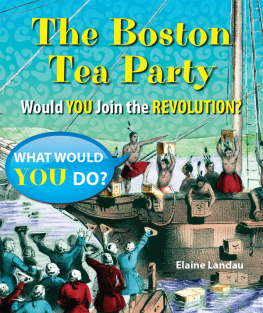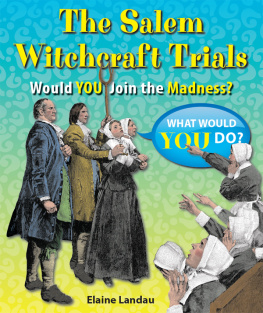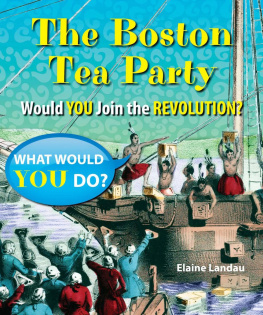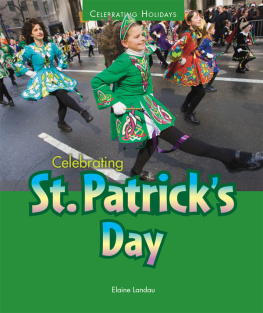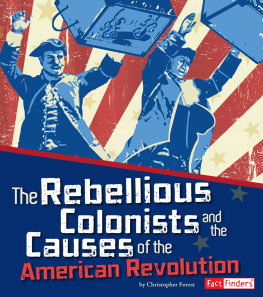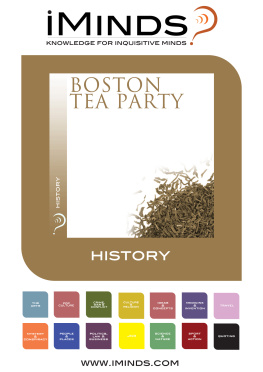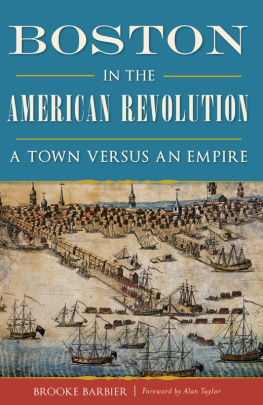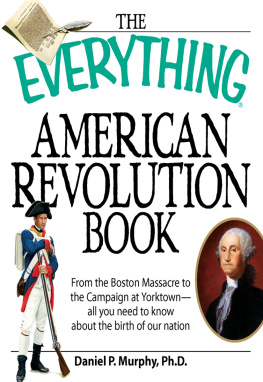Would YOU Join the FIGHT?
It is 1773 in the British colony of Massachusetts. The British government is taxing the tea being imported to the colonies. The Sons of Liberty in Boston are against the taxes. What would you do? Would you join the colonists who tossed the tea into the harbor? Or would you follow the laws and pay the taxes? Learn about many of the important decisions in American history as you read about the Boston Tea Party.


Image Credit: Enslow Publishers, Inc.
The Thirteen Colonies
It is the early 1700s. The United States is not even a nation yet. In its place are just thirteen English colonies.
You live in Boston in the Massachusetts Bay colony. You sailed across the Atlantic Ocean from England to get there. You came to build a better life for yourself and your loved ones. You worked hard and did well. You have come to think of Boston as your true home.
But now trouble is brewing in Boston. There is unrest in the colony. The reason is simple. England has been heavily taxing the colonists. There are taxes on tea, paper, glass, paint, and other things. These taxes are known as the Townsend Acts of 1767.
You, and others, feel the taxes are unfair. The tax dollars go to England. That does not help the colonists.
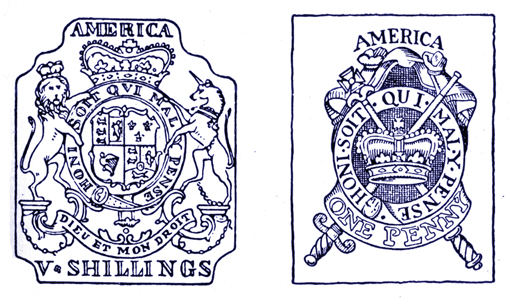
Image Credit: Enslow Publishers, Inc.
The English government required the colonists to put these stamps on newspapers and legal documents.
There is another reason many people were upset. The colonists have no say in how these tax dollars are used. Colonists do not have a voice in Parliament (Englands government). There is no one to fight for their rights and needs.
In the past, England largely left the colonies alone. The people mostly governed themselves. They made their own laws. They picked their own leaders too. They felt that England had no right to tax them.
But now things were changing. England needed money badly. It had just been in a long war with France. England won, but the war had been costly. Taxing the colonists was a way to bring in money. And England was not about to give that up.
What would you do if you were really a colonist?
- You doubt that England cares about how the colonists feel. You dont think that it will stop taxing the colonies. Maybe you could learn to do with less. You would have to live on a tighter budget. That way you would have money to pay the taxes. Or...
- Would you be really furious about the unfair taxes? Would you join with other colonists to try to change things? Lots of people are very upset about what has been happening. There is strength in numbers. Maybe together you could make a difference.
What Really Happened...
Many colonists were angry about the taxes. They wanted change. Soon secret rebel groups formed. These groups were not just in Boston: They were spread throughout the colonies. All the groups had one thing in common. They wanted the unfair taxes to end.
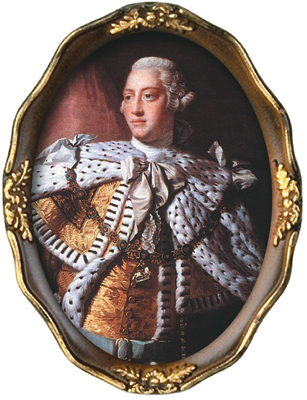
King George III felt that he should be able to tax the colonies however he wanted to.
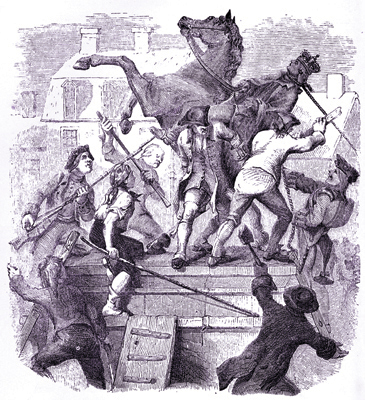
Image Credit: Thinkstock: Steven Wynn/iStock
Colonists, angry over taxation, tear down a statue of George III.

Image Credit: Library of Congress
The Stamp Act was not popular with the colonists, and they protested.
The rebel groups grew larger. They kept in touch with one another. Sometimes members rode all night on horseback to different colonies. They carried messages between the groups. One of the most active groups was the Sons of Liberty. There were quite a few other groups too.
But there was a problem. Englands King George III did not want these groups to form. He did not want the colonists to rebel. The men in Parliament felt the same way. The colonists were still English subjects. They were supposed to obey and pay.
England saw the rebels as traitors. It felt these men should be found and punished. Yet the rebels saw things differently. They believed that they were in the right. They even called themselves Patriots.
What would you do if you were a colonist?
- Would you dare to join a rebel group? That would mean standing up to Englands king and government. Are you truly ready to do that? It wont be easy. Yet do you feel that nothing is more important than your freedom and liberty? Or...
- Would you stay loyal to England no matter what? You were born there. Would you pay the taxes even if the money were used in England? Do you believe it is your duty to support the homeland?
What Really Happened...
The colonists tried different ways to stop England from taxing them. Some refused to buy English goods. They wanted to hurt the English merchants. They hoped that the merchants might ask the English King and government to lessen the taxes.
The colonists had some success doing this. Taxes on a few items were lifted. But tea was still taxed.
In time, things got even worse. England passed The Tea Act of 1773. This act left the tax on tea. It also gave one company a monopoly, ending the colonists right to choose which kind of tea to drink. It was the taking away of choice that really upset them. At that point, even more colonists refused to buy tea coming from England. But this wasnt easy for everyone.

Image Credit: Reproduced from The American Revolution: A Picture Sourcebook by John Grafton, Dover Publications, Inc., 1975
Along with the Tea Act, the Stamp Act upset the colonists. Documents, some books, and even playing cards had to be stamped with special markings that cost money. Here, an angry mob is attempting to force a stamp office to close.

Image Credit: Larry Allain, USGS
Colonists used tea made from herbs in place of English tea. They used various plants to make tea like this New Jersey tea, also known as redroot.
The colonists loved their tea. Many drank a few cups of tea a day. They drank tea the way people drink coffee today. Give up tea? It was like asking a kid to give up candy.
At times, colonists drank tea from Holland. But this tea was hard to find. Thats because it had to be smuggled in. Only tea coming from one company owned by the king of England was allowed to be sold in the colonies.


